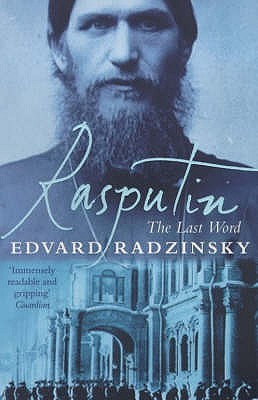What do you think?
Rate this book


728 pages, Paperback
First published January 1, 2000
Without sin there is no life, because there is no repentance, and if there is no repentance, there is no joy.That sinfulness is next to godliness, was Rasputin′s famous epitaph, it was his legacy to the world from which salvation from earthly existence can be achieved even through debauchery. It was to willingly succumb into the desires of the flesh in order to exorcise the transient need from the body as a precursor step into holiness. Despite this vile and somewhat ignominious presence during his life at court, the most mysterious part was Empress Alexandra had remained his devout follower as multitudes of other women as well, following the Tsarina′s example. This blind devotion to Rasputin was in itself more inexplicable and more mysterious than the mysteries that appeared to surround his character, or was it? It may simply be just an overwhelming mother′s love to her sick child that made the empress bow down to him since it was only Rasputin who could cure his ailing son. Perhaps in the depths of her mind, she was ready to give up everything as she became consciously aware of their fall to destruction in exchange of the life of her one and only son, not fully comprehending that in saving his only son, she was preparing the foreground for their own deaths. ☾☯